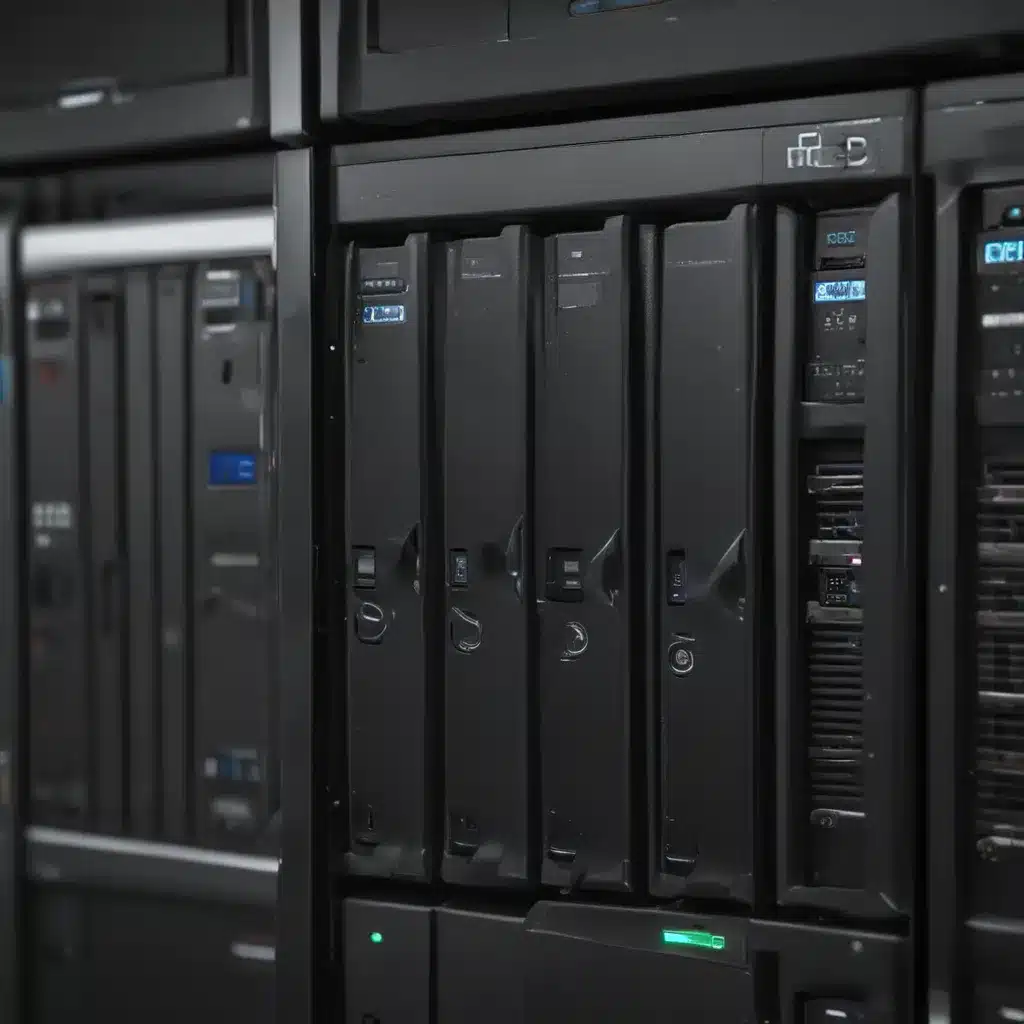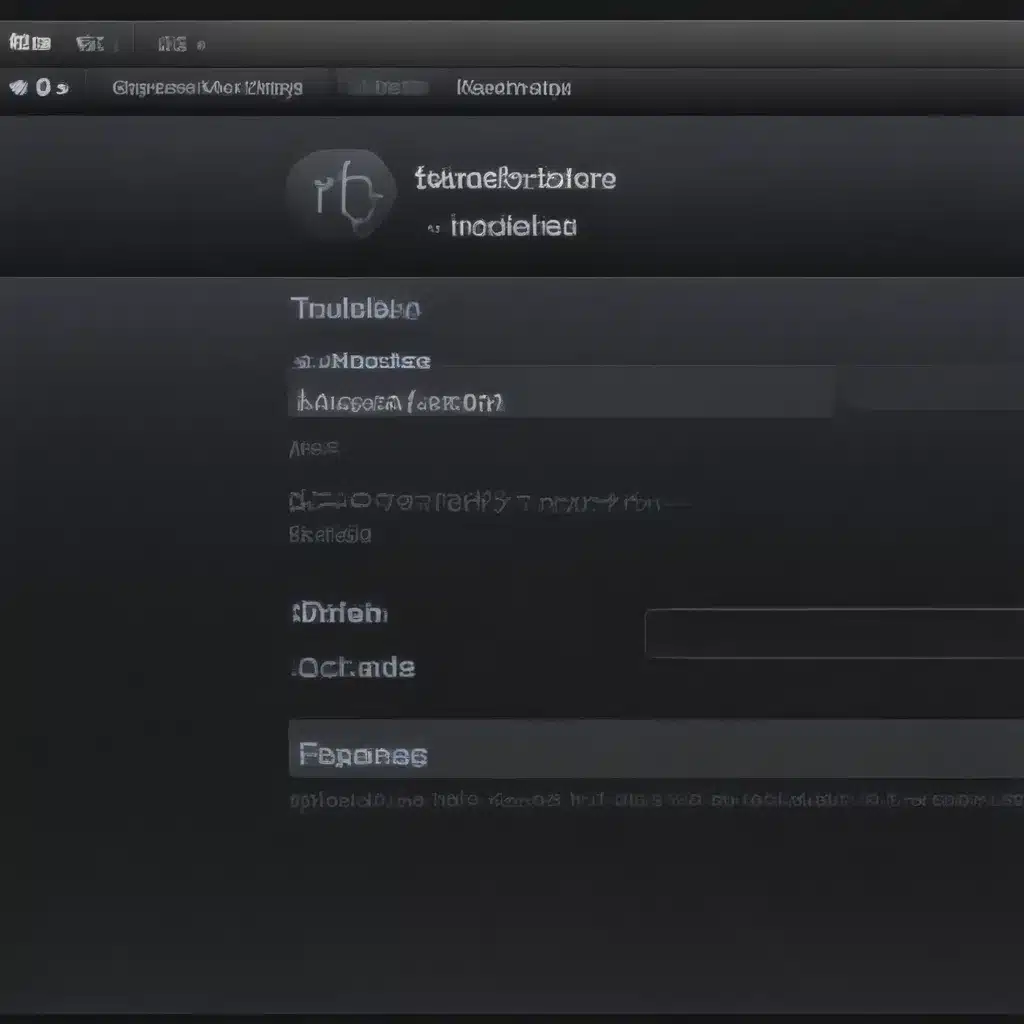The Great Storage Dilemma: Cloud vs. In-House Backup
As a computer repair technician in the heart of London, I’ve seen it all – from tech-savvy entrepreneurs to bewildered grandparents, all facing the same daunting question: “Where should I store my precious data?” It’s a quandary that keeps me up at night, wondering how I can best guide my clients through the maze of backup options.
You see, when it comes to enterprise-level data backup, the choice between cloud and in-house solutions is not a simple one. It’s a decision that can make or break a business, and I’ve learned the hard way that there’s no one-size-fits-all answer. [1]
Defining the Backup Landscape
Before we dive into the pros and cons, let’s take a moment to understand the landscape. Enterprise backup is a far cry from the personal file-based solutions many of us are familiar with. It’s a complex system designed to keep your business running, even in the face of disaster. [1]
Unlike consumer-grade backups, enterprise-level systems are built to handle large data volumes, support critical applications, and ensure seamless recovery. They’re the unsung heroes that allow your company to bounce back from a crashed server or a ransomware attack.
Cloud Backup: The Convenience Factor
One of the most appealing aspects of cloud backup is its sheer convenience. With a cloud-based solution, you can say goodbye to the hassle of managing physical hardware and software. [1] It’s a hands-off approach that frees up your IT team to focus on more strategic initiatives.
The cloud also offers unparalleled scalability. As your business grows, you can easily adjust your storage capacity to meet your needs, without the need for costly infrastructure upgrades. [6] It’s a game-changer for companies that are constantly evolving and expanding.
Moreover, cloud backups are often backed by robust service-level agreements (SLAs) that guarantee uptime and data recovery. [1] This is a particularly attractive feature for organizations that can’t afford even a moment of downtime.
The Cons of Cloud Backup
But, as with any technology, cloud backup has its downsides. One of the most significant is the ongoing subscription cost. [3] While the initial investment may be lower than setting up an in-house system, the long-term expenses can quickly add up, particularly for larger data sets.
Another potential pitfall is the reliance on a stable internet connection. [7] If your organization experiences an internet outage or suffers from poor connectivity, you could find yourself cut off from your cloud-stored data. And let’s not forget the risk of your cloud provider going out of business or experiencing a data breach – scenarios that could leave your sensitive information vulnerable. [5]
In-House Backup: The Control Factor
For businesses that prioritize control and customization, an in-house backup solution may be the way to go. [1] With this approach, you have the freedom to tailor your backup infrastructure to your specific needs, whether that’s integrating with legacy systems or optimizing for your data usage patterns.
In-house backup also offers a layer of security that cloud solutions can’t always match. [3] When your data is stored on-site, you have tighter control over access and can implement robust physical and digital safeguards to protect your information.
Moreover, the upfront costs of an in-house system may be lower than the ongoing subscription fees associated with cloud backup. [1] This can be a significant advantage for companies with predictable data storage needs and a preference for capital expenditures over operational expenses.
The Cons of In-House Backup
Of course, the in-house approach isn’t without its drawbacks. For starters, the burden of managing and maintaining the backup infrastructure falls squarely on your IT team’s shoulders. [1] This can be a time-consuming and resource-intensive task, distracting from your core business objectives.
In-house backup also lacks the geographic redundancy and disaster recovery capabilities that cloud solutions often provide. [1] If a natural disaster or other catastrophic event strikes your primary data center, you could find yourself in a precarious position, with limited options for data recovery.
Striking the Right Balance
So, where does that leave us? The truth is, there’s no universal “best” backup solution – it all comes down to your specific business needs and priorities. [1]
If uptime and instant recovery are critical to your operations, a cloud-based backup system might be the way to go, despite the potential cost implications. [1] On the other hand, if you value control, customization, and predictable expenses, an in-house solution could be the better fit.
Ultimately, it’s about finding the right balance between convenience, cost, and control. And that’s where I come in – as your trusted computer repair technician, I’m here to guide you through the maze of backup options, helping you make an informed decision that will keep your business humming, no matter what the future holds.
[1] https://sysgen.ca/pros-and-cons-of-cloud-vs-in-house-backup/
[2] https://www.techtarget.com/searchdatabackup/tip/The-pros-and-cons-of-cloud-backup-technologies
[3] https://www.ezcomputersolutions.com/blog/cloud-based-backups-vs-on-site-backups/
[4] https://forums.veeam.com/veeam-backup-replication-f2/instant-recoery-vs-restore-full-vm-t44018.html
[5] https://www.reddit.com/r/onedrive/comments/zxkrkg/onedrive_backup_pros_and_cons/
[6] https://community.spiceworks.com/t/veeam-cloud-connect-vs-backup-repository-using-google-cloud/966609
[7] https://www.reddit.com/r/DataHoarder/comments/zpt6es/long_term_storage_ssds_vs_hdd/
[8] https://www.petemarovichimages.com/never-use-a-raid-as-your-backup-system/













